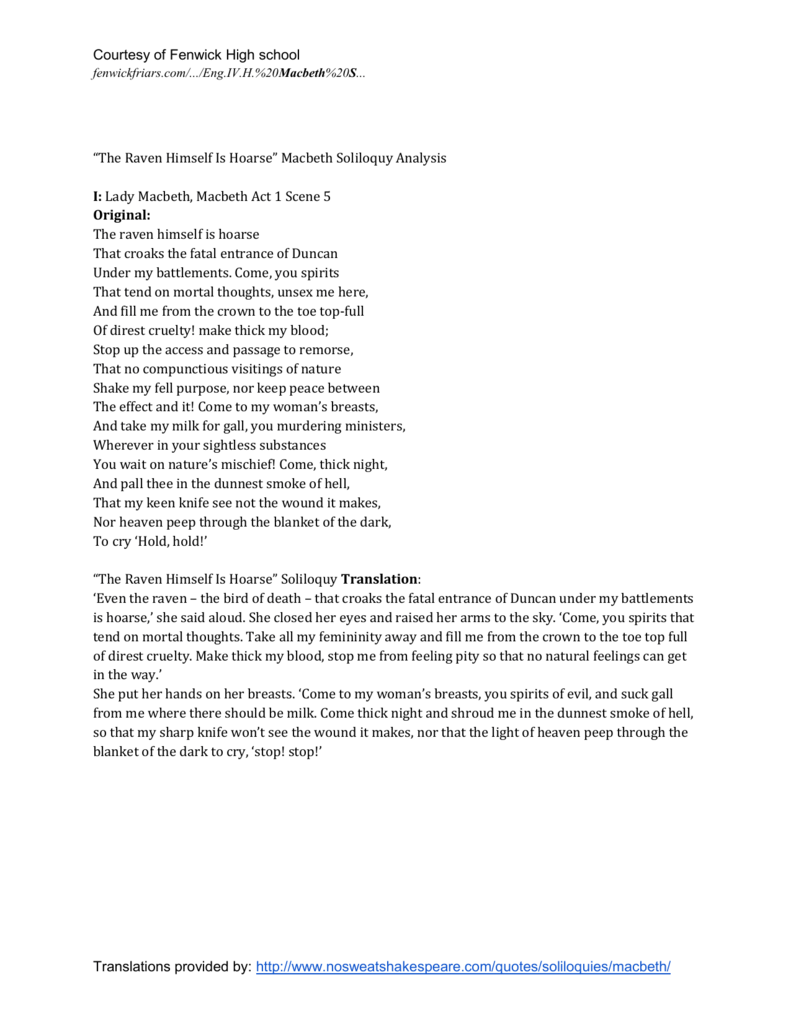
this idea is reinforced by Macbeth stating that, before his tyrannical reign, "my fell of hair would at a dismal treatise rouse and stir, as life were in't" upon hearing a frightening noise like a scream. The sensory verb "taste" used by shakespeare in Macbeth's statement (following hearing a woman's shriek) that "I have almost forgot the taste of fears" suggests that Macbeth has become unfeeling, unable to sense and experience emotions such as "fear". Here, Shakespeare suggests that the inner turmoil, guilt and paranoia that Macbeth has undergone over the course of his reign have dehumanised him, deteriorating his humanity and morality and disconnecting him from life itself. Through this, Shakespeare suggests that loyalty from subjects is only gained through loyalty and benevolence towards them in return as monarch, such that Macbeth does not give, while also reinforcing the Jacobean idea that only those selected through the divine right/natural order can rule effectively and benevolently, and thus ,as Macbeth is not the true king of Scotland by divine right, he has been an unfit ruler and his subjects have turned against him to re balance the natural order, emphasising that the natural order cannot be broken, and if somebody, such as Macbeth, does, they will suffer the consequences of this order fighting back against them to restore balance. He can no longer meet the enemy "dareful" on the battlefield and fight them "beard to beard, and beat them backward home" as he has no men to fight them with.

Ironically, Macbeth's attempts to strengthen his kingship, enacting tyranny in an attempt to preserve it, have led to his reign only being weakened and, at this point, about to be taken away from him. Macbeth's tyranny and terribleness as a king is emphasized here: Macbeth's own subjects, the people of Scotland, "those that should be ours", have turned against him and his kingship.


 0 kommentar(er)
0 kommentar(er)
